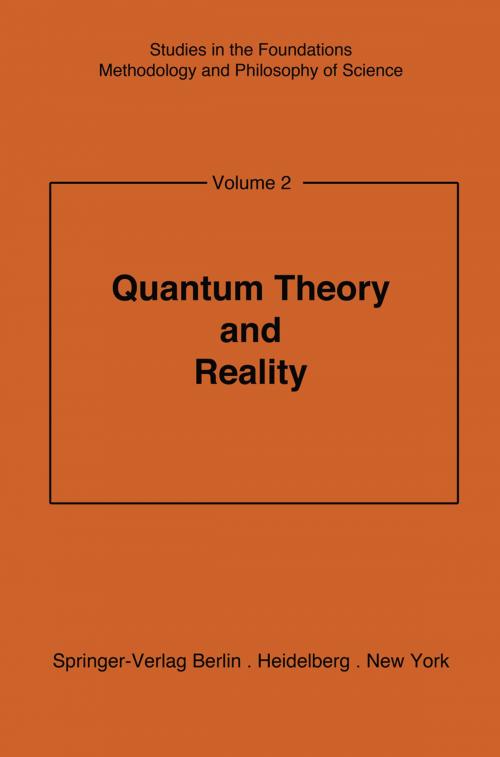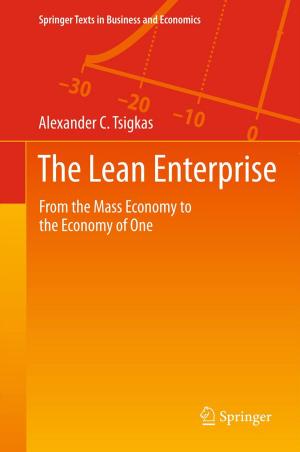| Author: | ISBN: | 9783642880261 | |
| Publisher: | Springer Berlin Heidelberg | Publication: | March 8, 2013 |
| Imprint: | Springer | Language: | English |
| Author: | |
| ISBN: | 9783642880261 |
| Publisher: | Springer Berlin Heidelberg |
| Publication: | March 8, 2013 |
| Imprint: | Springer |
| Language: | English |
The Tum of the Tide During centuries physicists were supposed to be studying the physical world. Since the turn of the century this assumption has often been challenged as naive: it was proclaimed that physics is not about the external world but about observers and their manipUlations: that it is meaningless to talk of anything else than observation devices and opera tions: that the laws of physics concern our knowledge rather than the external world. This view of the nature of physical science has old roots in philo sophy but it was independently reinvented by a number of philosophi cally inclined physicists, notably ERNST MACH. These scientists were disgusted with the school philosophies and they were alarmed by the increasing number of physical concepts which they regarded as meta physical or beyond experimental control, such as those of absolute motion, ether, electromagnetic field, and molecule. Reasonably enough, they wished to keep physics testable. To accomplish this goal they adopted the safe method, namely to banish every idea that could not be closely tied to observation. In this way they certainly avoided the risks of untestable speculation but they also failed to enjoy the benefits of theoretical invention. Furthermore they instituted unawares a new meta physics that was to dominate the philosophy of physics for half a century: the metaphysics according to which the world is made of sense experience.
The Tum of the Tide During centuries physicists were supposed to be studying the physical world. Since the turn of the century this assumption has often been challenged as naive: it was proclaimed that physics is not about the external world but about observers and their manipUlations: that it is meaningless to talk of anything else than observation devices and opera tions: that the laws of physics concern our knowledge rather than the external world. This view of the nature of physical science has old roots in philo sophy but it was independently reinvented by a number of philosophi cally inclined physicists, notably ERNST MACH. These scientists were disgusted with the school philosophies and they were alarmed by the increasing number of physical concepts which they regarded as meta physical or beyond experimental control, such as those of absolute motion, ether, electromagnetic field, and molecule. Reasonably enough, they wished to keep physics testable. To accomplish this goal they adopted the safe method, namely to banish every idea that could not be closely tied to observation. In this way they certainly avoided the risks of untestable speculation but they also failed to enjoy the benefits of theoretical invention. Furthermore they instituted unawares a new meta physics that was to dominate the philosophy of physics for half a century: the metaphysics according to which the world is made of sense experience.















